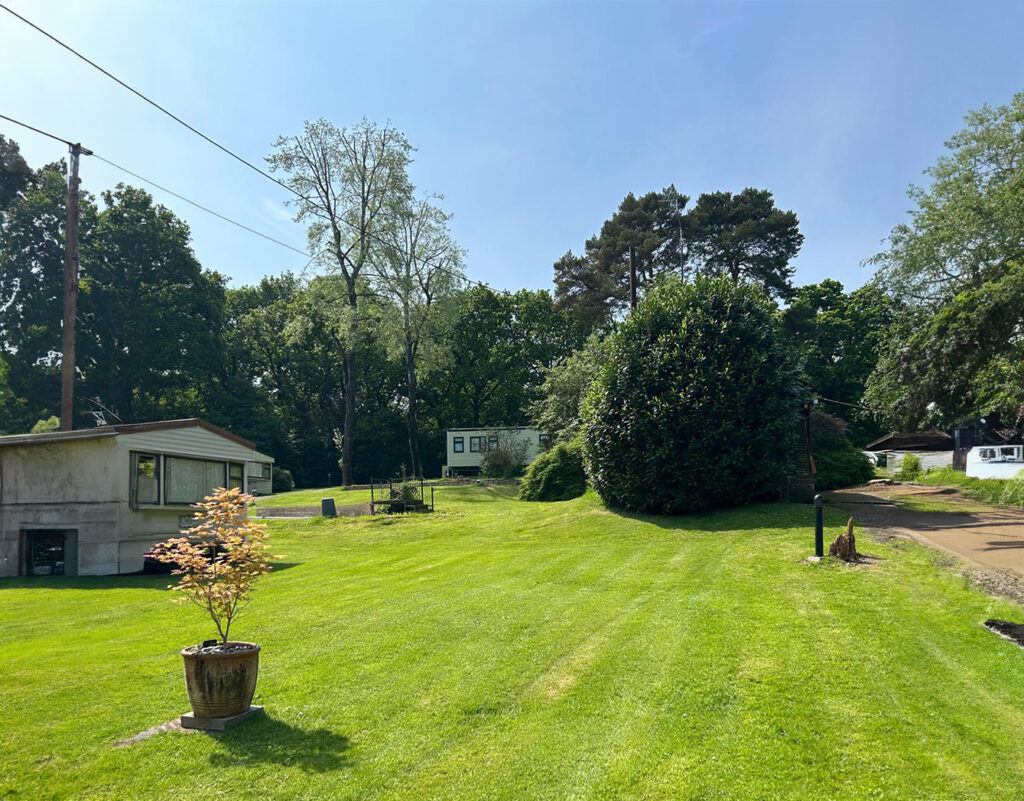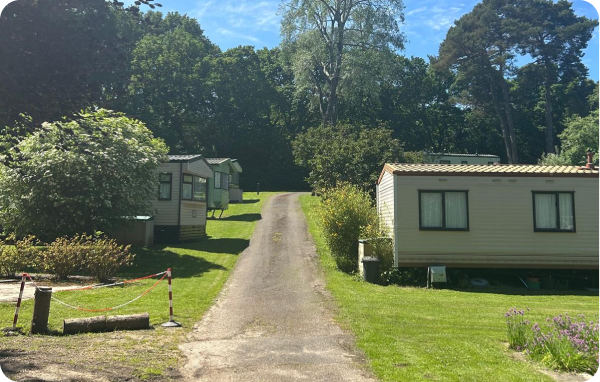Introduction to Holiday Lodges in the New Forest
Holiday lodges in the New Forest are increasingly popular with retirees, couples, and families looking for a second home. Offering a balance of comfort and countryside charm, they provide a true home-from-home where you can relax, recharge, and enjoy nature on your doorstep.
At Deer’s Leap, set just moments from the edge of the New Forest National Park, lodges combine modern finishes with a tranquil, gated park setting. For many buyers, a lodge is about having the freedom to escape whenever they want. But another question often arises when considering ownership: can you sublet a holiday lodge?
Can You Sublet a Holiday Lodge? The Essentials
In the context of holiday parks, subletting means renting out your lodge to holidaymakers when you’re not using it. It can be an attractive option for owners who want to offset site fees or make additional income.
The rules around subletting vary. Some holiday parks actively encourage it, even offering managed letting services. Others restrict or prohibit subletting to preserve the peace of the park community. At Deer’s Leap, policies are designed to protect the atmosphere of the park while offering flexibility to owners.

What the Park Operator Allows
Before buying, it’s essential to check the park’s lease agreements and written rules. Every operator sets out whether subletting is permitted, how often it’s allowed, and under what conditions. In the New Forest, for example, some parks allow only family and friends to use your lodge, while others provide structured holiday-let schemes.
Seasonal vs Year-Round Subletting
Even if subletting is permitted, there are usually limits. Many parks only allow holiday letting during peak season, such as summer and school holidays. Some restrict the number of weeks you can let per year, or place conditions on minimum and maximum stay durations. These rules are there to ensure lodges remain primarily private retreats rather than full-time rentals
Financial Considerations: Is Subletting Profitable?
Subletting a holiday lodge can provide useful income. A well-located lodge in the New Forest might generate steady bookings thanks to demand for UK staycations.
However, potential earnings should always be weighed against the costs:
- Cleaning and changeover services between guests
- Ongoing maintenance and wear-and-tear
- Insurance tailored to short-term letting
- Booking platform fees or park management charges
There are also tax implications. Rental income from holiday lets must be declared, and owners should seek financial advice to understand their obligations.
Are Holiday Lodges a Good Investment?
Holiday lodges are primarily lifestyle purchases. Unlike traditional buy-to-let properties, their value may not increase significantly over time. The return comes from regular personal use combined with the option of rental income.

Compared with buy-to-let, a lodge usually offers lower financial return but far higher lifestyle value. The UK holiday letting market has grown in recent years, with more people choosing domestic getaways, which helps bolster occupancy levels for lodge owners.
Legal and Practical Considerations
Holiday lodges are subject to licensing and planning regulations. Not every lodge park has the same permissions for short-term letting, so it’s important to confirm what’s allowed.
Insurance should also be checked. Standard holiday lodge cover may not include subletting, and specialist policies are often required. In some cases, subletting can affect warranty or finance agreements, so always be sure to review the small print.

Are Holiday Lodges Mortgageable?
Unlike traditional homes, holiday lodges are not usually mortgageable in the standard sense. Some finance products exist, but they differ significantly from residential mortgages. If you use finance to buy, the provider may place restrictions on subletting. Checking this upfront avoids surprises later.
Can You Live in a Holiday Lodge Full-Time?
This is another important distinction. Holiday lodges are not the same as residential park homes. Most lodges, including those at Deer’s Leap, are open seasonally. For example, at Deer’s Leap our park is open from March to October, and homes are licensed strictly for holiday use. That means you cannot live in a holiday lodge as your permanent residence.
What to Ask Before Buying a Holiday Lodge in the New Forest
When considering a holiday lodge purchase, especially with subletting in mind, it’s worth asking:
> Does the park allow subletting, and under what terms?
> What site fees and service charges apply?
> Are there restrictions on who can stay in your lodge?
> How long is the open season, and how does this affect rental opportunities?
> What makes this park attractive to holidaymakers compared with others in the New Forest?
At Deer’s Leap, owners choose lodges not just for their comfort, but also for the park’s setting beside 140,000 acres of New Forest landscapes. That natural appeal makes the lodges desirable for owners and guests alike.
Explore Holiday Lodge Ownership in the New Forest with EKOS Homes
Owning a holiday lodge is about creating a lifestyle that fits you. At Deer’s Leap, you’ll find modern lodges, a welcoming community, and easy access to the New Forest’s woodlands, trails, and coast.
If you’d like to know more about holiday lodge ownership in the New Forest, we’d be delighted to help.



